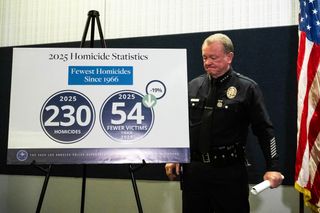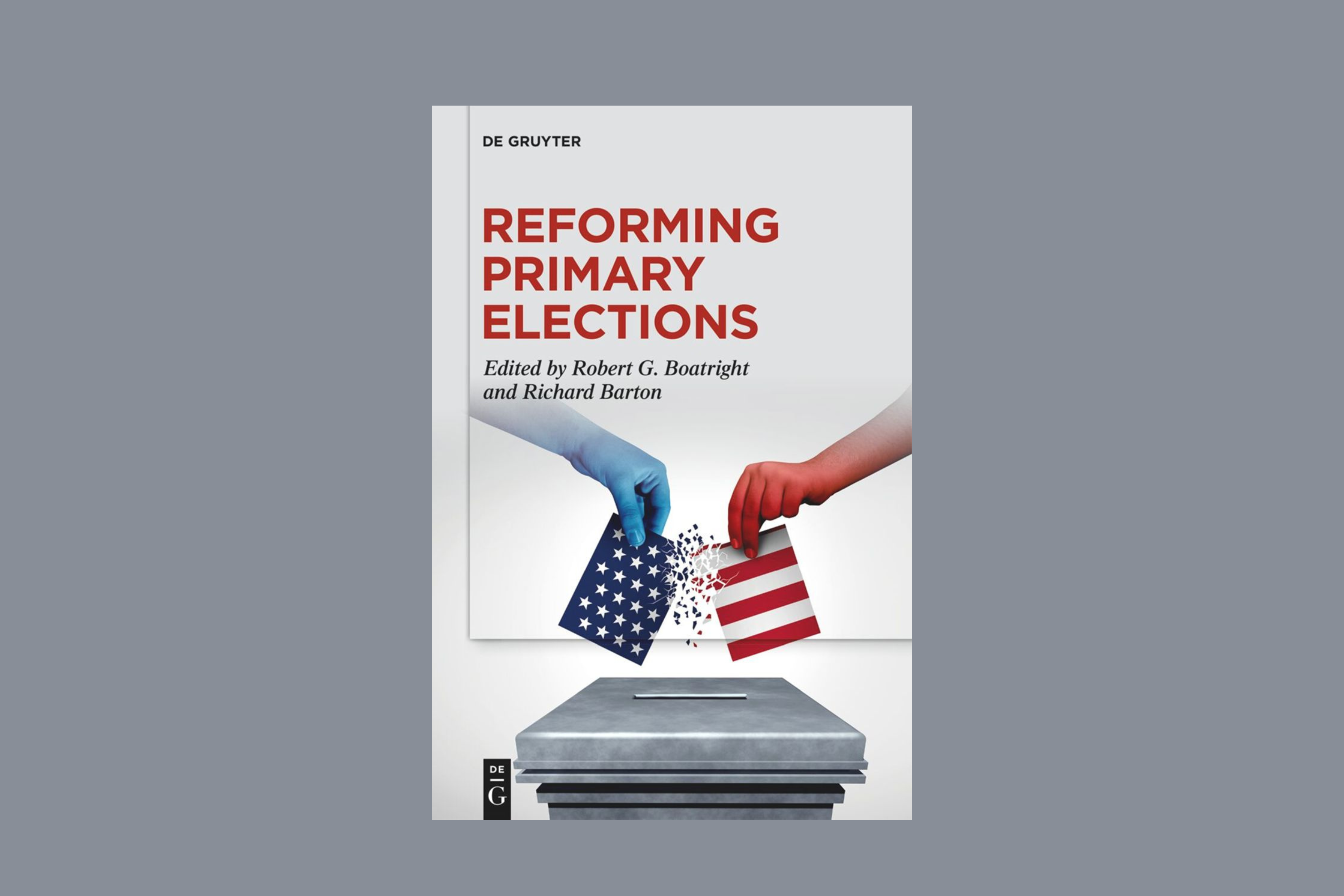After his son, Beau, died of cancer in 2015, then-Vice President Joe Biden oversaw the cancer “moonshot” to “end cancer as we know it” and cut the death rate from cancer in half in 25 years. He reinvigorated the initiative as president, channelling tens of millions of dollars towards additional research and launching major databases for global information sharing to increase collaboration and accelerate new discoveries in cancer treatments.
Former president Biden’s prostate cancer diagnosis has generated renewed interest in his cancer moonshot initiative and cancer research in general. Prostate cancer is the second most common kind of new cancer diagnosis in the United States (behind breast cancer) and the most common diagnosis in American men. While the number of new cases has increased in recent years, this may be due to more and improved screening. More notably, the overall death rates from prostate cancer have declined significantly over the past 25 years.
The United States currently has the 26th highest incidence rate of prostate cancer in the world, with an age-standardised rate of 75.2 per 100,000 men. Nordic and northern European countries have some of the highest incidence rates in the world and Australia and Brazil also have higher incidence rates for prostate cancer with 77.2 and 76.3 cases per 100,000 men, respectively.
Amid recent cuts to both cancer research and Department of Health and Human Services staff who work on data collection, it is unclear what impact this will have on cancer trends. The prognosis for Biden’s cancer moonshot initiative, however, is not good.








.png?rect=0,3,6000,3994&w=320&h=213&auto=format)